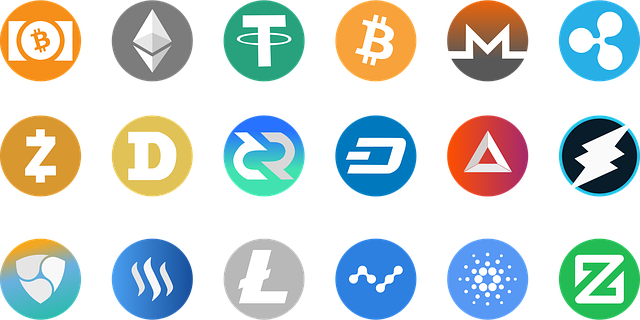The Ripple-XRP ecosystem is revolutionizing global payments using blockchain technology, offering fast, secure, and low-cost transactions. XRP serves as a bridge currency, enhancing cross-border payments and addressing traditional issues. DeFi plays a crucial role by enabling automated decentralized exchanges through smart contracts, increasing transaction speed and financial inclusion. This innovation has the potential to democratize global payments and transform international money interactions. As DeFi gains momentum, banks partner with projects like Ripple XRP to integrate blockchain technology, aiming to reconcile centralized and decentralized finance for enhanced security, accessibility, and efficiency in a shifting market.
“The intersection of blockchain technology and traditional banking has sparked a revolution, with decentralized finance (DeFi) emerging as a key player. In this dynamic landscape, Ripple and its native cryptocurrency XRP have gained significant traction through strategic partnerships with banks worldwide. This article explores the Ripple-XRP ecosystem and its potential to unlock global payments, while delving into DeFi’s transformative impact on the banking sector and its crucial role in speeding up financial reshaping.”
- The Ripple-XRP Ecosystem: Unlocking Global Payments
- DeFi and its Impact on Traditional Banking: A Shifting Landscape
- XRP's Role in Cross-Border Transactions: Speeding up Financial Reshaping
- Banks Embracing DeFi: The Ripple Partnership as a Catalyst for Change
The Ripple-XRP Ecosystem: Unlocking Global Payments
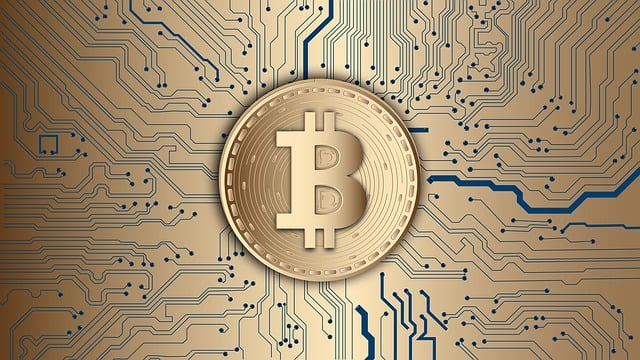
The Ripple-XRP ecosystem represents a groundbreaking approach to global payments, leveraging blockchain technology to facilitate fast, secure, and low-cost transactions. At its core, XRP serves as a digital bridge currency, enabling seamless conversion between different fiat currencies. This functionality is pivotal in addressing the challenges posed by traditional cross-border payments, which often involve lengthy processing times and exorbitant fees.
DeFi’s (Decentralized Finance) role in this reshaping of financial services cannot be overstated. By integrating with DeFi protocols, Ripple XRP opens up new avenues for financial inclusion and accessibility. Smart contracts enable automated and decentralized exchanges, streamlining the process and reducing intermediaries. This not only enhances transaction speed but also makes global payments more democratic and inclusive, potentially transforming how we perceive and interact with money on a global scale.
DeFi and its Impact on Traditional Banking: A Shifting Landscape
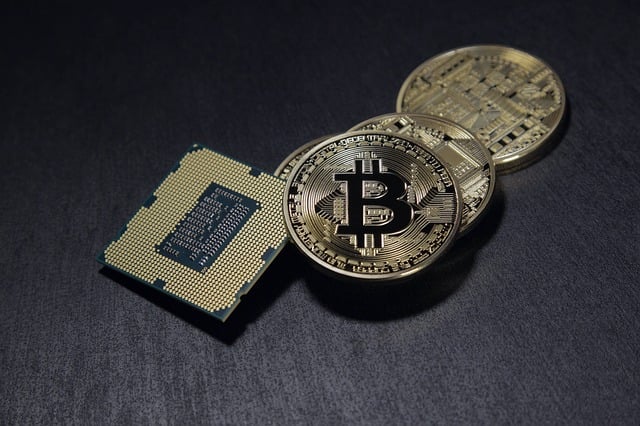
The rise of decentralized finance (DeFi) has significantly reshaped the traditional banking landscape. DeFi platforms offer a wide array of financial services, from lending and borrowing to trading and insurance, all operating on blockchain technology. This innovative approach challenges the centralized nature of mainstream banks by providing more accessible, transparent, and democratic financial options. Users can participate without intermediaries, giving them greater control over their assets and opening doors for global financial inclusion.
As DeFi continues to gain traction, it pressures traditional banks to adapt and evolve. Banks are exploring partnerships with DeFi projects, such as Ripple XRP, to leverage blockchain technology and stay competitive in a rapidly changing market. These collaborations aim to bridge the gap between centralized and decentralized finance, offering users the best of both worlds: the security and stability of traditional banking coupled with the efficiency, accessibility, and innovation of DeFi.
XRP's Role in Cross-Border Transactions: Speeding up Financial Reshaping
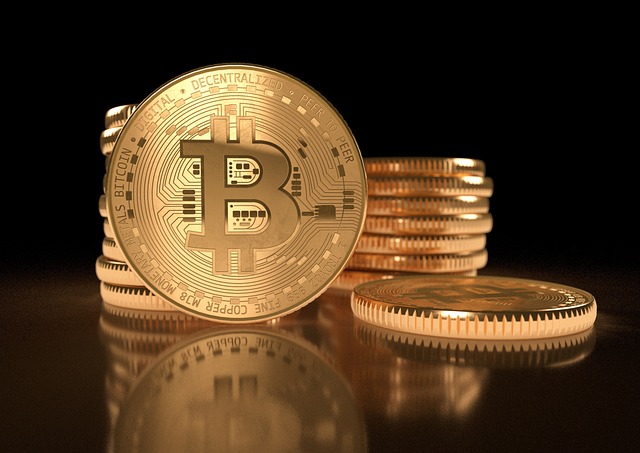
XRP, the native cryptocurrency of Ripple’s network, plays a pivotal role in expediting cross-border transactions and reshaping global finance. Its unique capabilities, such as near-instant settlement times and low transaction fees, make it an attractive option for banks aiming to streamline their international payment processes. This is particularly significant in the context of decentralized finance (DeFi), where transparency, speed, and accessibility are paramount. By leveraging XRP, financial institutions can reduce the time lag and costs associated with traditional cross-border remittances, fostering a more efficient and inclusive global economic system.
The integration of XRP into banks’ operations is not merely about technological advancement; it signifies a fundamental shift in how money moves across borders. This partnership has the potential to democratize access to financial services, especially for unbanked or underbanked populations worldwide. As DeFi continues to gain traction, the role of XRP in facilitating these transactions becomes increasingly vital, paving the way for a reshaped and decentralized global financial landscape.
Banks Embracing DeFi: The Ripple Partnership as a Catalyst for Change
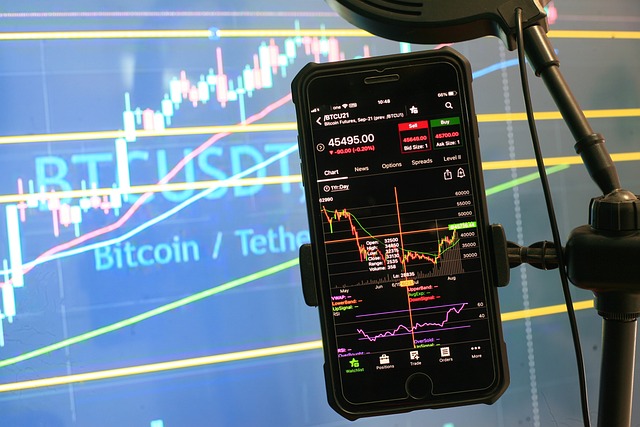
In recent years, banks have been increasingly embracing decentralized finance (DeFi) as a catalyst for innovation and disruption in the traditional financial landscape. This shift is largely driven by DeFi’s role in reshaping the way financial services are delivered, offering greater accessibility, transparency, and efficiency. The partnership between Ripple and various banks highlights this trend, where institutions are collaborating with blockchain technologies to enhance their digital offerings.
Ripple’s XRP, a blockchain-based payment solution, has been at the forefront of facilitating cross-border transactions. By partnering with banks worldwide, Ripple is not only streamlining international payments but also empowering financial institutions to integrate DeFi concepts into their operations. This strategic move allows banks to tap into the benefits of blockchain technology, such as reduced costs, faster processing times, and enhanced security, while providing customers with more options for digital banking services.
The partnership between Ripple and its native cryptocurrency, XRP, has been instrumental in reshaping the global payments landscape. By leveraging decentralized finance (DeFi) solutions, this collaboration has accelerated cross-border transactions, offering banks an efficient and cost-effective alternative to traditional payment methods. As DeFi continues to evolve, its role in financial reshaping is undeniable, and the Ripple-XRP ecosystem stands as a shining example of this transformative power.
